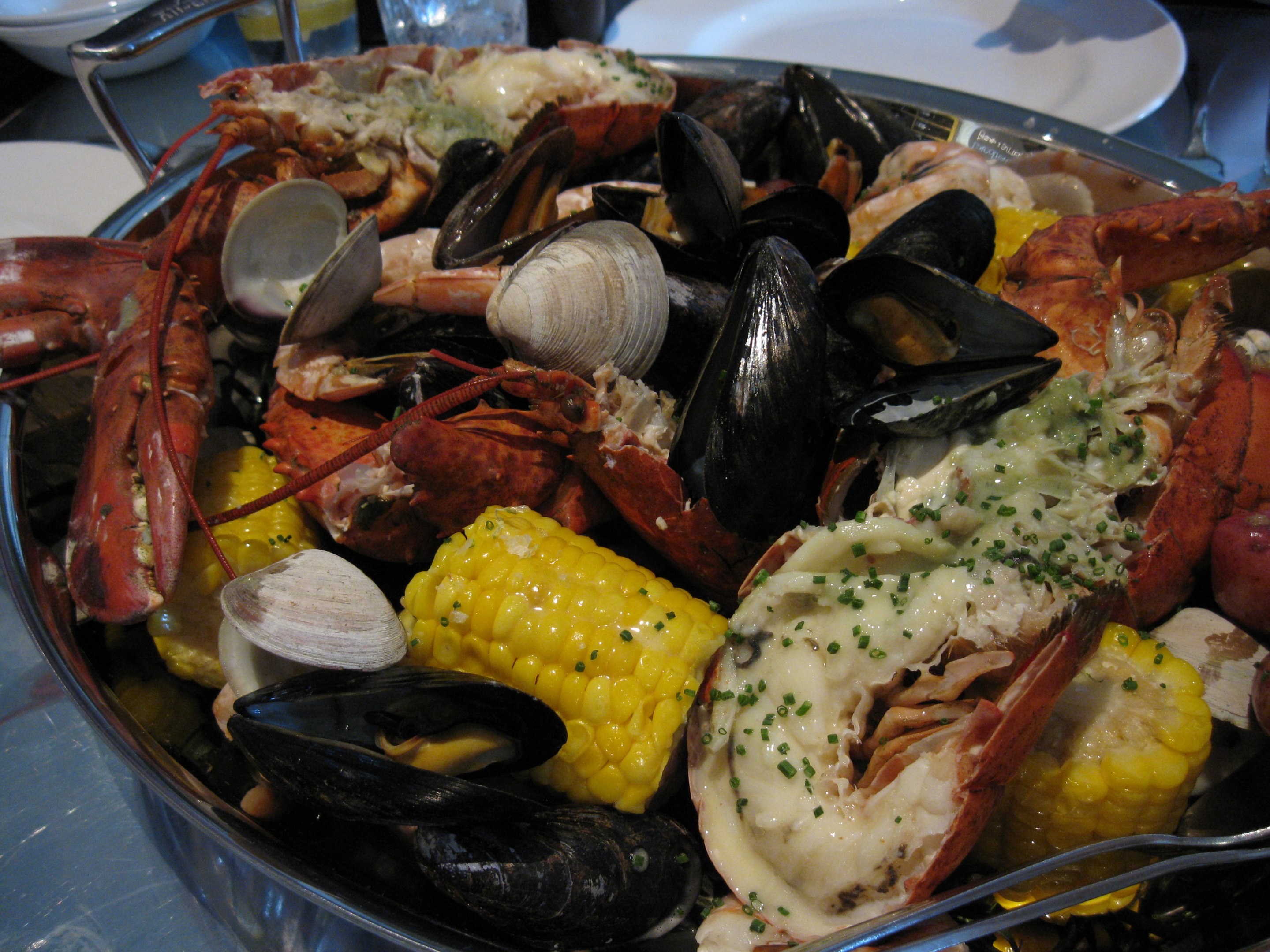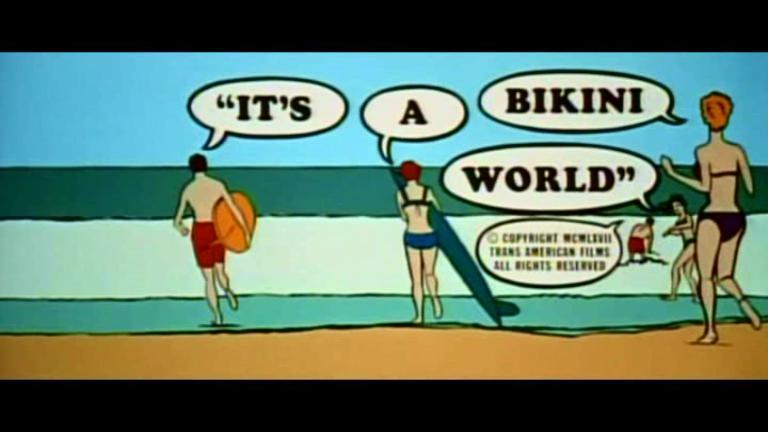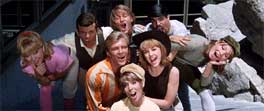December 22, 1967
Embassy
Drama, Musical
DVD
B-
Thirty-six-year-old Anne Bancroft seduces 30-year-old Dustin Hoffman, who then pursues 27-year-old Katharine Ross in this generation-gap comedy that's actually a drama. Confused? I think this movie has confused a lot of people over the decades. Is Hoffman's character Benjamin a hero or an antihero? Neither? Is he a stalker, and if so, why is Elaine encouraging him somewhat? Is Mrs. Robinson sexy or deranged, or both? Neither?
Watching it this time-- and I did buy the DVD specifically for this project, although I had it on VHS-- I was most struck by how joyless the three main characters are. The only moments of delight are when Benjamin "carries Elaine off" from her wedding, and when Benjamin is amused by the details of Elaine's out-of-wedlock conception in a Ford. (Honestly, they couldn't come up with a funnier car?) Is the message that upper-class suburbia is unsatisfying? If so, why are Ben's parents and most of the other characters generally content?
I review the 1963 book here: http://rereadingeverybookiown.blogspot.com/2012/07/graduate.html. I just want to add a few things. One, I do consider the movie superior, although not great. (I'd probably give it a B if not for the last half hour, when everyone goes off the rails.) We do see more of the emotions of the characters, including Mr. Robinson's. The soundtrack isn't as good as I remembered, mostly due to the songs being repeated too often, although they're integrated well, especially the way the beats and scatting of "Here's to You, Mrs. Robinson" are used for humor when Ben tries to find the church and his car runs out of gas.
Aside from its relatively explicit sexual themes for its time, and the way it shows alienated youth, I think the film is most remarkable for its cast. Even if you're bored (which I don't think you will be), you can at least have fun spotting familiar faces. Buck Henry cowrote the script and has a nice little cameo as the desk clerk in what's probably the funniest sequence, showing Ben's nervousness about checking into the hotel. Later, that's director Mike Nichols's comedy partner Elaine May as the girl bringing Elaine's note to Benjamin. Mike Farrell plays one bellhop, while little person Buddy Douglas plays another. (Douglas would go on to Pufnstuf, the show and movie.) Two Bewitched ladies appear in a reception line, Alice Ghostley (Esmeralda) and Marion Lorne (Aunt Clara).
Arthur Tovey was an onlooker at the soap factory in Boy, Did I Get a Wrong Number, is a hotel guest here, and would be a club patron in The Love God? Another hotel guest, Frank Baker, was Bearded Gentleman in Bank in Mary Poppins. Walter Brooke, who plugs plastics as Mr. McGuire, would be Haskell Wax in How Sweet It Is! Brian Avery, who plays Elaine's WASPy groom Carl Smith, would be a more ethnic Herald Cohen in Sleeper. Elizabeth Fraser, who plays Second Lady, would do 9 to 5. Elizabeth Wilson, who plays Ben's mother, would still look young enough (at almost 60) to play Roz in that movie. William Daniels, most famous for St. Elsewhere, I think doesn't show up in any of my other movies until The Blue Lagoon. As Norman Fell would point out on It's Garry Shandling's Show a couple decades later, Fell was not only Jack & Janet's landlord but Dustin Hoffman's. One of his other tenants, the one who suggests calling the cops, is 20-year-old Richard Dreyfuss, who would have a much larger and sillier role in Hello Down There.
 |
| Hoffman, Dreyfuss, Fell |










